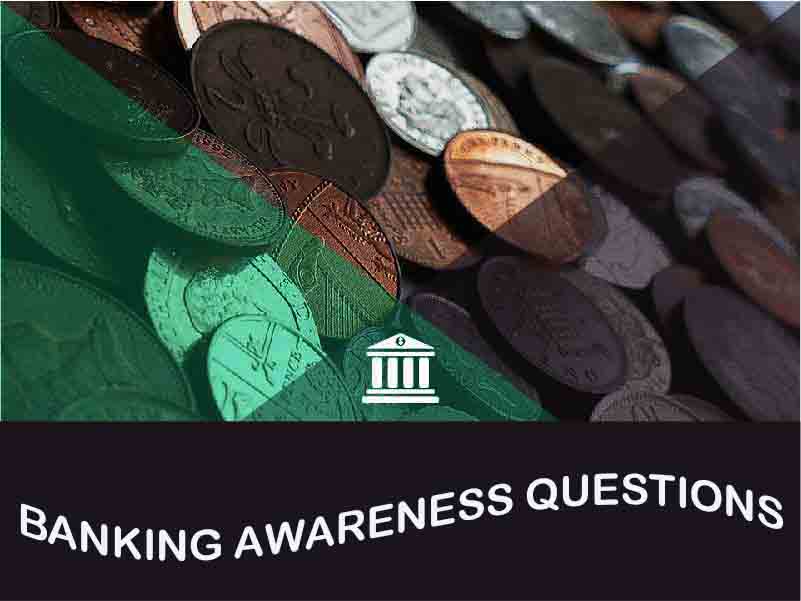What is Ponzi Scheme ?
A Ponzi scheme is a fraudulent investment operation where the operator, an individual or organization, pays returns to its investors from new capital paid to the operators by new investors, rather than from profit earned through legitimate sources.
The scheme is named after Charles Ponzi, who became notorious for using the technique in 1920. The idea, present in novels was actually performed in real life by Ponzi who with his operation took in so much money that it was the first to become known throughout the United States.
Ponzi’s original scheme was based on the arbitrage of international reply coupons for postage stamps; however, he soon diverted investors’ money to make payments to earlier investors and himself.
Ponzi schemes is not under SEBI purview
The Securities and Exchange Board of India (SEBI) denied any regulatory purview over ponzi schemes, squarely placing the responsibility of protecting investors on State governments.
Ponzi schemes are banned under the Prize Chit and Money Circulation (Banning) Act, 1978 and the State government concerned is the enforcement agency. Though it is a Central Act, the respective State governments are the enforcement agency of this law.

























